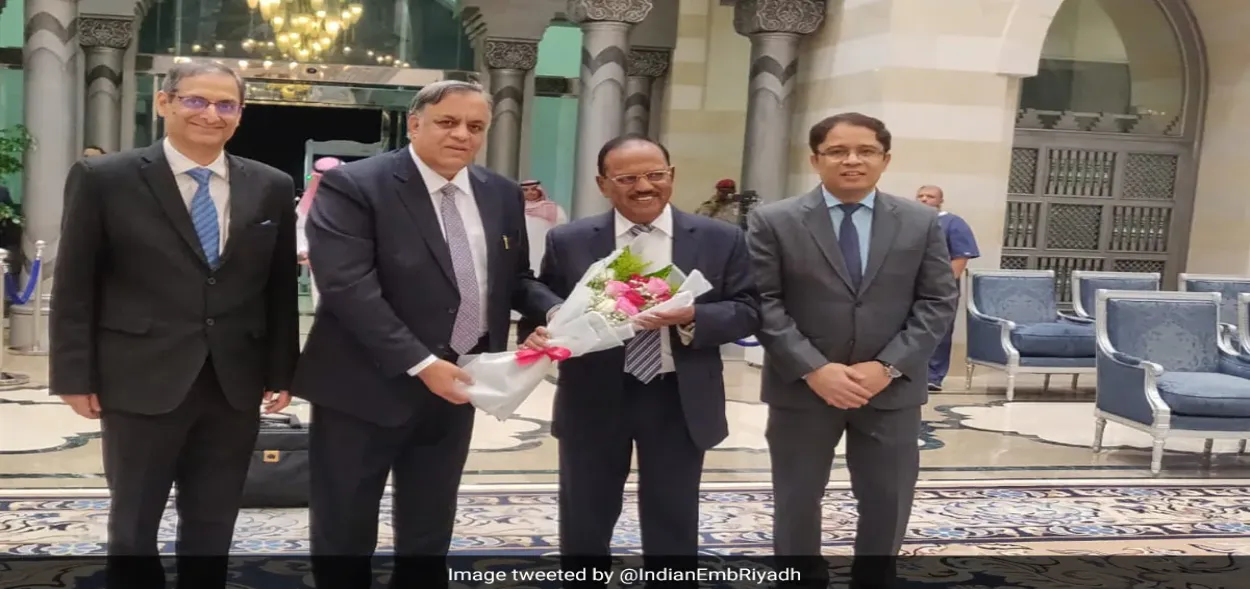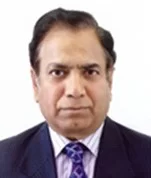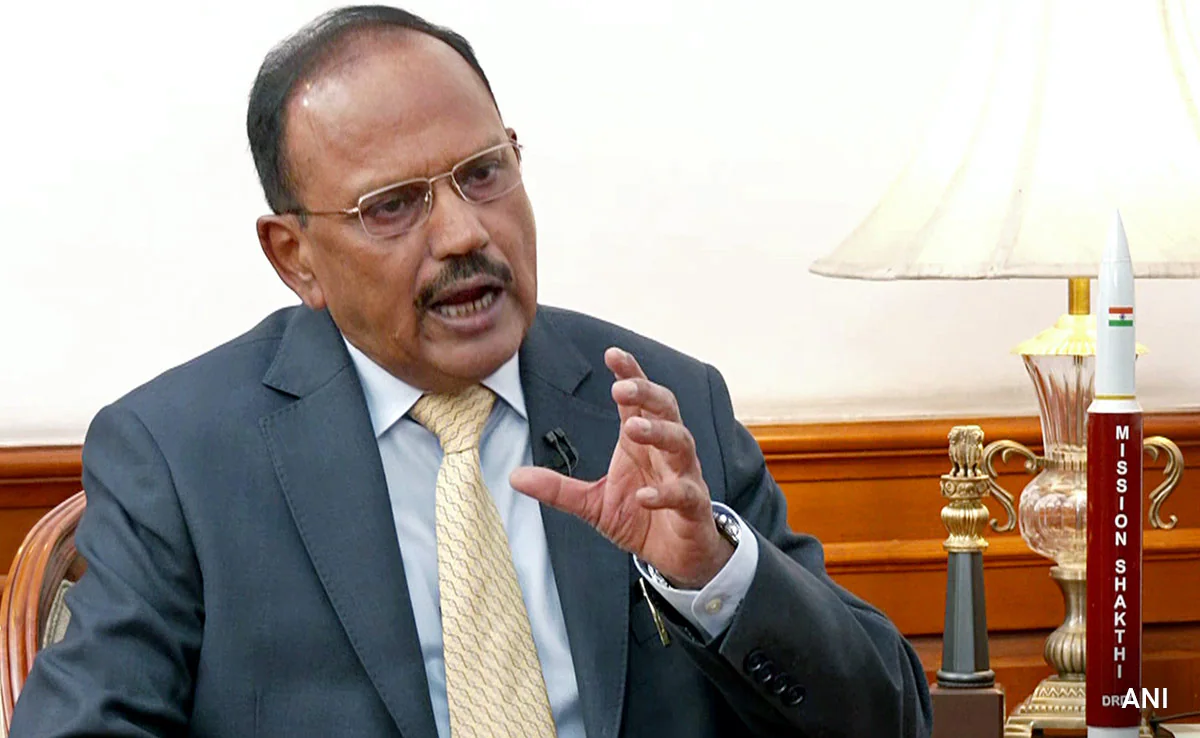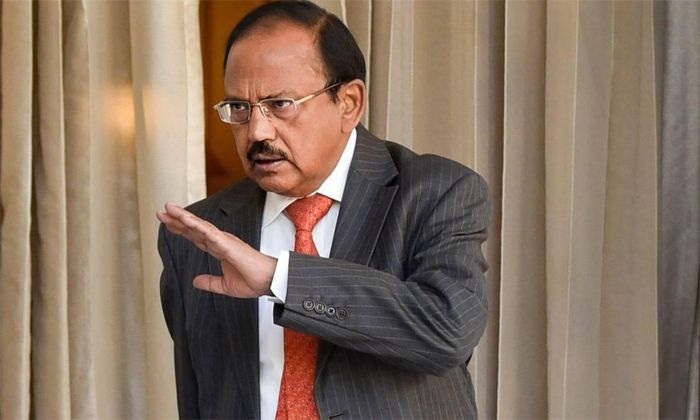
 J K Tripathi
J K Tripathi
The frantic attempts to find a solution that will be acceptable to both sides in the Russo-Ukrainian war are getting more intense as the conflict is leading to food shortages in many parts of the world. Besides the huge loss of human life and property, billions of dollars have been wasted by both sides to gain supremacy by finding a military result that is still nowhere in sight.
The G-7 and G-20 Summits could not reach a consensus. With attempts by Turkey, France, and China to play peacemakers proving futile, the demand for India to play its role is growing. Despite appeals by Volodymir Zelensky and NATO leaders to India to support NATO action or actively mediate in the crisis, India had been firm on her neutral position - opposition to war, and finding peace on the negotiating table. However, Prime Minister Modi’s emphasis during the last SCO summit that “this is not an era of war and war is a thing of the past”, to Vladimir Putin, and a one-on-one meeting with Zelensky on the sidelines of the G-7 Summit indicated that India is prepared to play a more active role sans a direct mediation. India's participation in the official-level meeting in Copenhagen in June.
NSA Ajit Doval's discussion with his peers from many stakeholder nations in the conflict show our resolve to play a role in finding a diplomatic solution to the conflict.
NSA Doval had a long telephone discussion with Andriy Yermak from the office of President Zelensky on August 1. Both agreed to continue the dialogue. Within days, Doval was in Jeddah attending a multi-nation meeting on the crisis, an initiative of Crown Prince Mohammed Bin Sulaiman (MBS). All the BRICS members barring Russia (which was not invited) plus countries like Chile, Mexico, EU, Poland, Egypt, Indonesia, Zambia, India, USA, and UK, which represent a mix of the global north and the global south both, attended it.
Thus, the participants include the emerging economies which have been neutral so far as well as the poor nations hard hit by the soaring prices of food due to the disruption of the global supply chain resulting from Ukraine stopping wheat exports following Russia terminating the agreement for cargo movement from Ukraine. This initiative of MBS is seen as an attempt to add another feather to his cap as a crisis-solver in his pursuit to project Saudi Arabia as an undisputed leader of the Muslim world. Recently revealed Saudi desire to go nuclear is indicative of their motive.

National Security Advisor (NSA) Ajit Doval
DNSA Ajit Doval is a master negotiator and strategist par excellence. He had been actively involved in many strategic operations, successful negotiations, and rescue operations. Right from the operation in the Golden Temple in the 80s to the Indian plane’s hijacking to Kandahar, the surgical strike in 2016, the Balakot operation, fishing out ultras from their hideout in Myanmar and ensuring security in Jammu and Kashmir in the wake of the revocation of article 370, every major security operation has Ajit Doval'sthe indelible imprint.
As such, he holds the ranks of a Cabinet minister and he must have also gone to Jeddah with a brief from the Prime Minister. Accordingly, he spoke in a very balanced and constructive way. Indian NSA’s good rapport with his counterparts from USA, UK, and EU, certainly gave him leverage to project our stand without compromising the Indian position.
It is worth noting that throughout his intervention in the meeting, Doval used the term ‘conflict’ for the current crisis as opposed to the word ’aggression’ or ‘war’ being used by the Western leadership. As ‘war’ is against international law, we have been avoiding the use of this word, especially in the context of the ongoing conflict between Russia and Ukraine. Forcefully reiterating that the “Indian position on the conflict has been and always will be to promote dialogue and diplomacy”, Dobhal contended that this was the only way forward for peace. He asserted that India “will remain an active and willing partner to find a lasting and comprehensive solution as nothing will give India more happiness and satisfaction than such an outcome.”
Though he called for the“respect of sovereignty and territorial integrity by all states must be upheld without exception” thus indirectly referring to Russia without expressly accusing it, he also made a veiled criticism for excluding Russia from the meeting by observing that “all peace efforts involving all stakeholders must be pursued to find a just and enduring solution” and declared that India participated in the meeting with this spirit. The NSA went on to stress that although many proposals have been put forward, “the key question that needs to be addressed in the meeting is whether a solution that is acceptable to all relevant stakeholders can be found”.
Amply projecting India as the champion of the cause of the Global South, Ajit Doval lamented that the whole world and especially Global South was bearing the brunt of the situation and informed the gathering that “India is providing both-humanitarian assistance to Ukraine and economic assistance to her neighbour in Global South. He identified a two-fold challenge confronting the meeting-resolution of the situation and softening of the consequence of the conflict -and called for efforts to be directed on both fronts simultaneously for which much more groundwork was needed to be done.

National Security Advisor (NSA) Ajit Doval making a point
Though no final documents of the just concluded meeting are available, an Italian newspaper Corriere Della Sera revealed, quoting some reliable sources from the EU, that common ground has been reached that respect for sovereignty and territorial integrity as well as the authority of the UN Charter must be at the heart of any agreement on the current crisis. This vindicates our stand elaborated by the Indian NSA in his address.
A few working groups have reportedly been formed by the conference to work on the peace plans presented by various participating countries which will form the basis of a summit planned for late this year. However, one thing is sure- in the foreseeable future, India will be seen as more active in finding an amicable solution to the crisis.
J K Tripathi is a former Diplomat
